
New research demonstrates why it’s crucial to examine manic and other symptoms in their entirety when making a treatment plan.

New research demonstrates why it’s crucial to examine manic and other symptoms in their entirety when making a treatment plan.

How strong is the foundation of current pharmacotherapy recommendations for ADHD?

SSRIs are effective for the treatment of eating disorders, but what treatment is best for which disorder? More in this quiz.

For patients suffering the chronic, debilitating symptoms of schizophrenia, antipsychotic medication is a critical component of treatment-and may literally be life-saving.

There are no FDA-approved pharmacotherapies for cocaine use disorder. Here: a review of the off-label use of promising medications for this addiction.

A growing body of research has given us strategies at population, community, and clinical levels that can be put into practice. Details here.

A 20-year-old college sophomore with “depression and anxiety,” who is exercising ferociously and who is literally dying to lose more weight sets the stage.

The CDC and FDA have -- at last -- recognized that there might be something of a problem in the way opiates are prescribed!


When agitation and psychosis symptoms are severe, is an antipsychotic medication an option? Not always.

Improvement in depressive symptoms appears to have a salutary effect on sexual function.

Is clozapine still the gold standard for treatment-resistant schizophrenia?
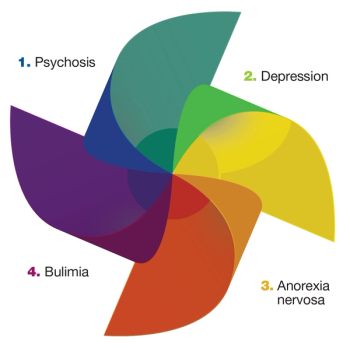
What is the clinical response to the occasional presence of psychotic symptoms among patients with eating disorders?

Do atypical antipsychotics increase the risk of major malformations among exposed infants?
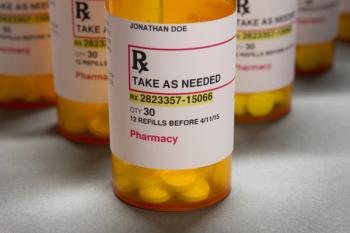
Clinical traditions are important, but they can become ossified as the “right way to treat addiction.” So, we need to turn a sharp, skeptical eye on treatment models.

Both the literature and clinical experience point to considerable risk in discontinuing antipsychotic treatment, for many chronically psychotic patients. Here's why.
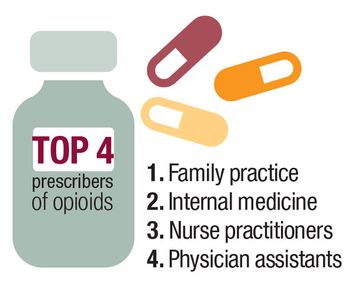
The involvement of a psychiatrist early in the care of patients addicted to opioids may prevent further abuse. Here's why.

Reasons for the overall low rate of clozapine use brings to light questionable decisions on the part of policymakers

Setting the record straight on the burgeoning field of reproductive psychiatry.

A 19-year-old new patient comes to you wanting to discontinue all his childhood psychiatric medications. What is the best next step?

Setting the record straight on what the literature does and does not say about long-term use of antipsychotics.

A study of treatment tolerance and therapeutic response in children and adolescents with OCD.
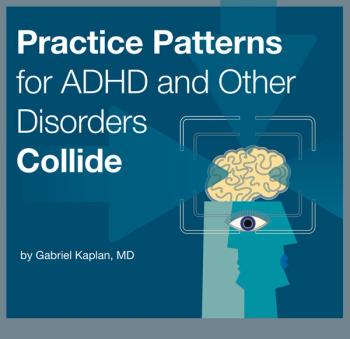
Recent data show that widespread discrepancy exists between clinical guidelines and practice patterns for ADHD, dementia, and bipolar disorders.

Are you up-to-date on the risk of recurrent pneumonia in patients with schizophrenia when an antipsychotic is reintroduced?
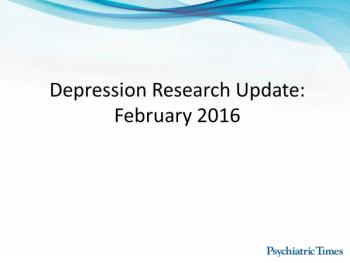
Three new studies show the effects of depression-and its treatment-on the brain.